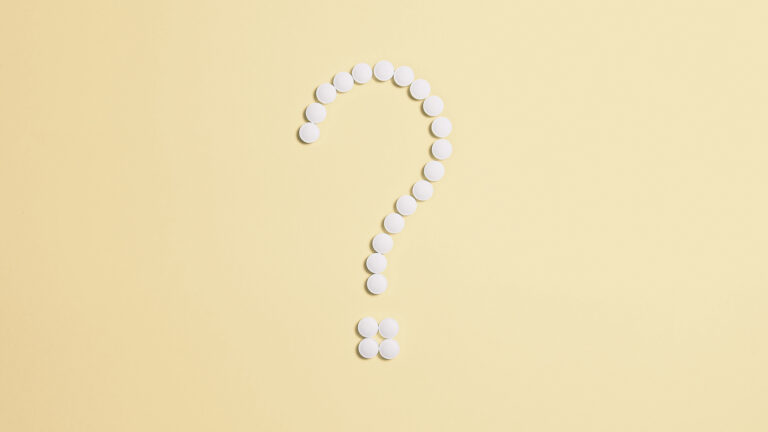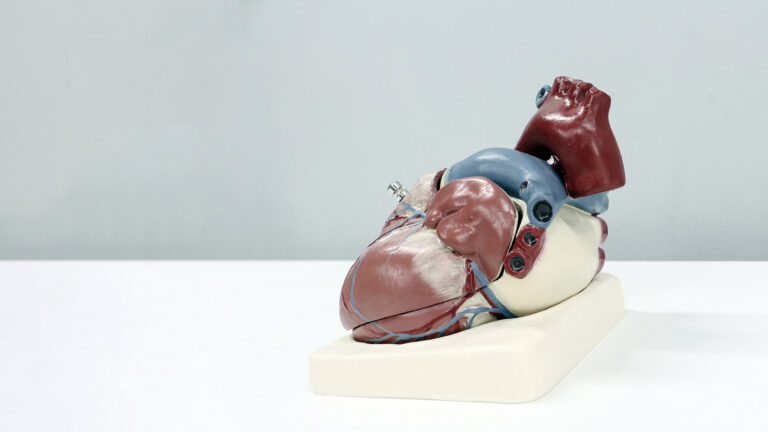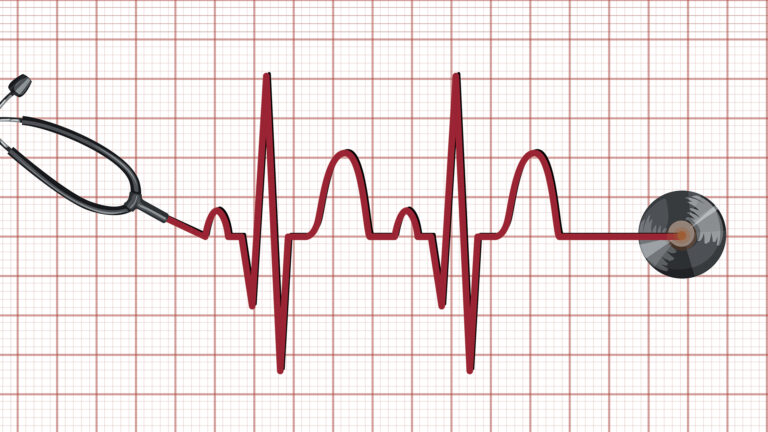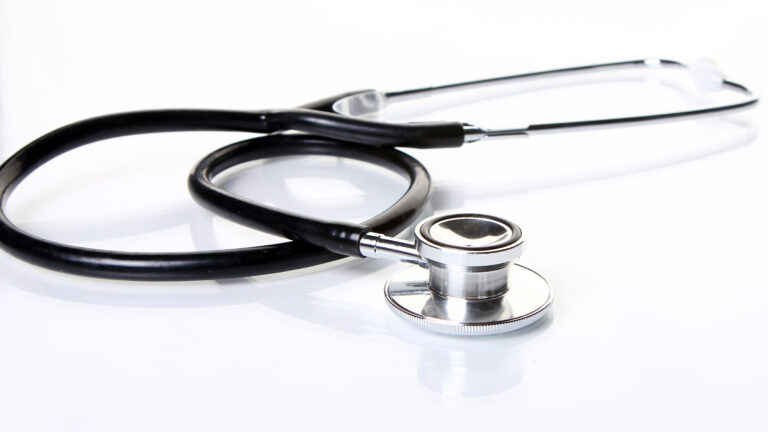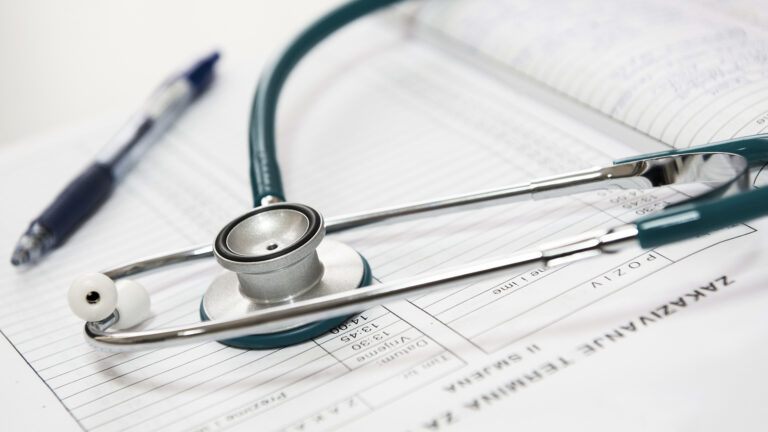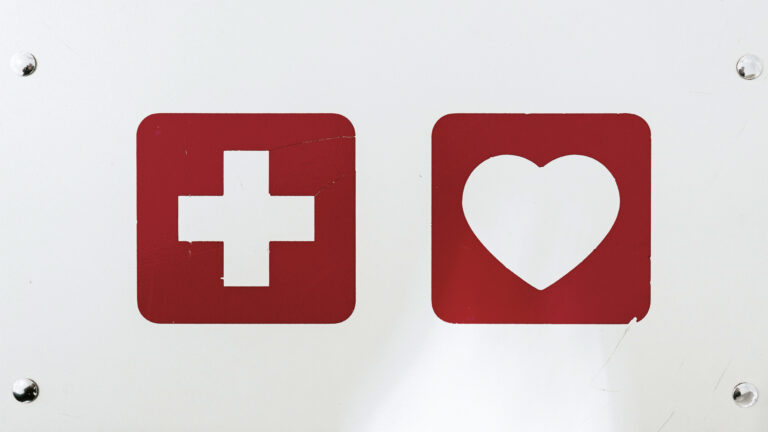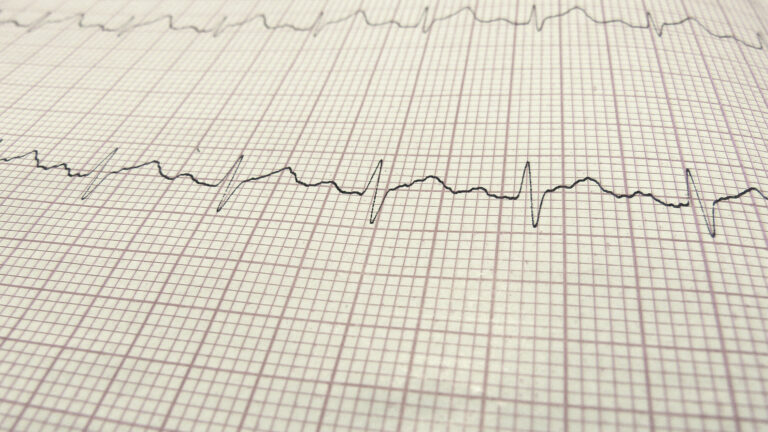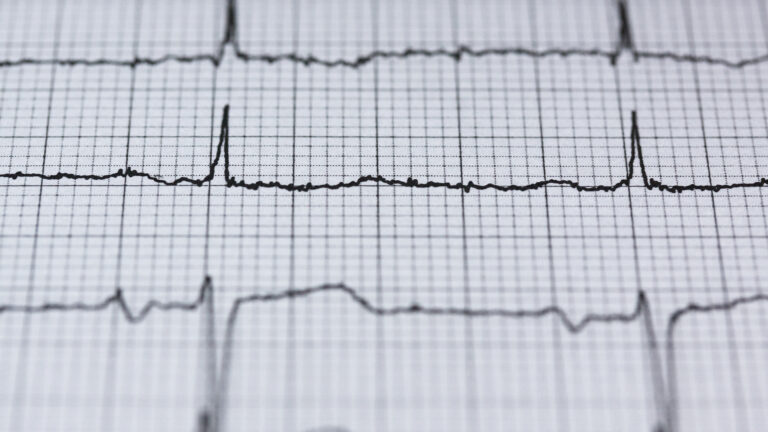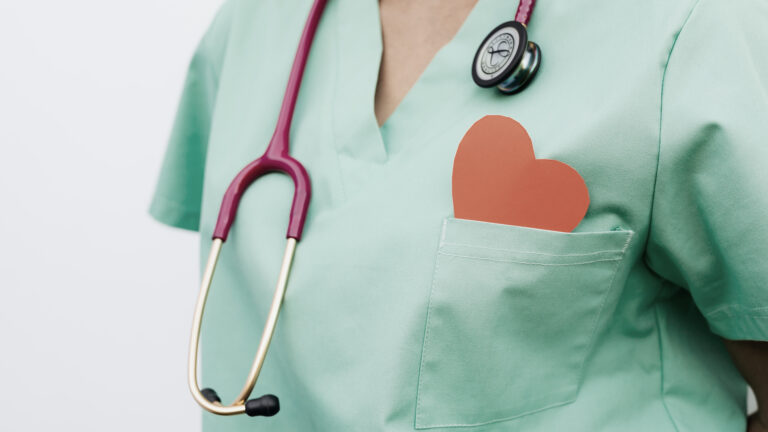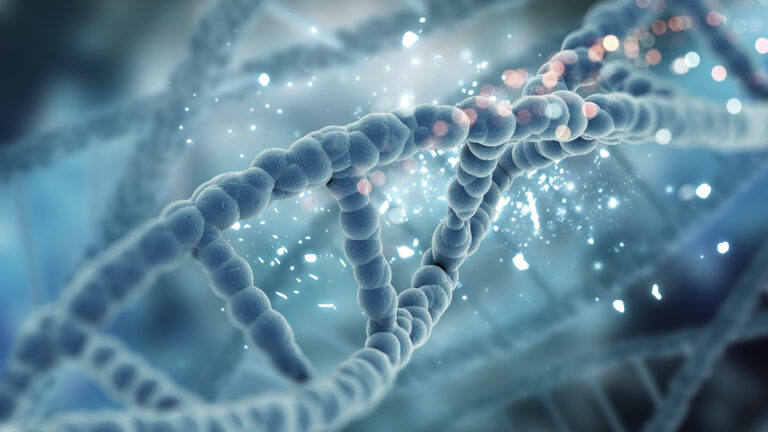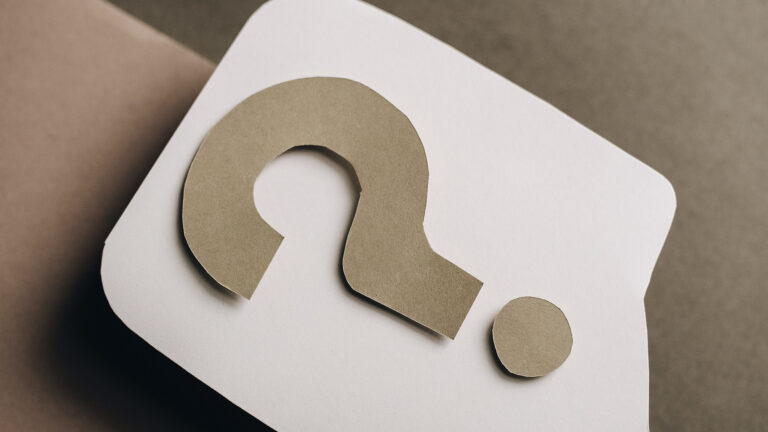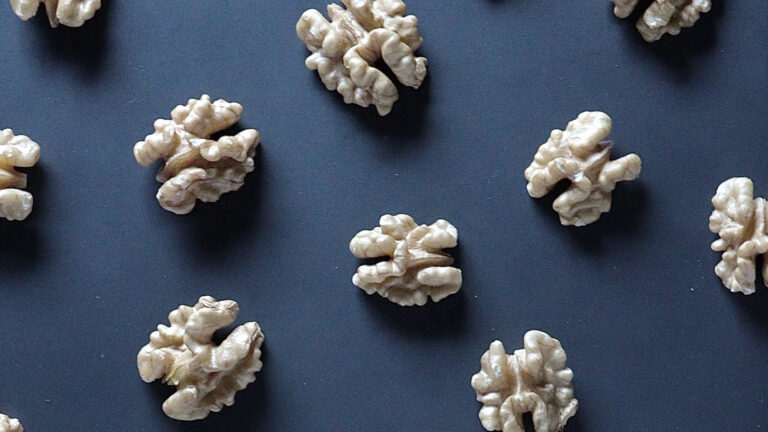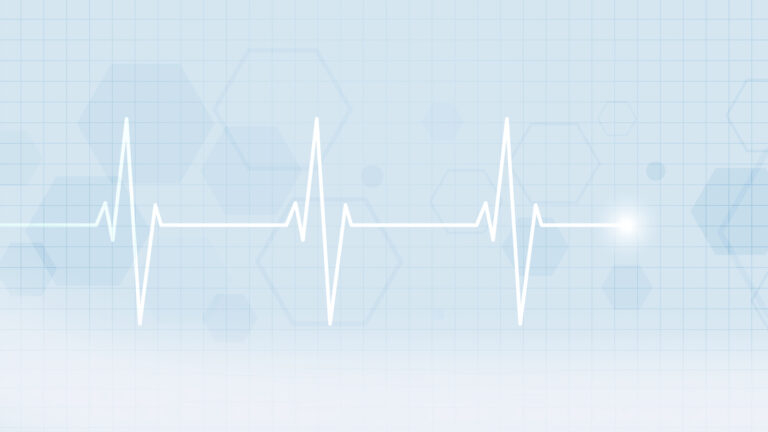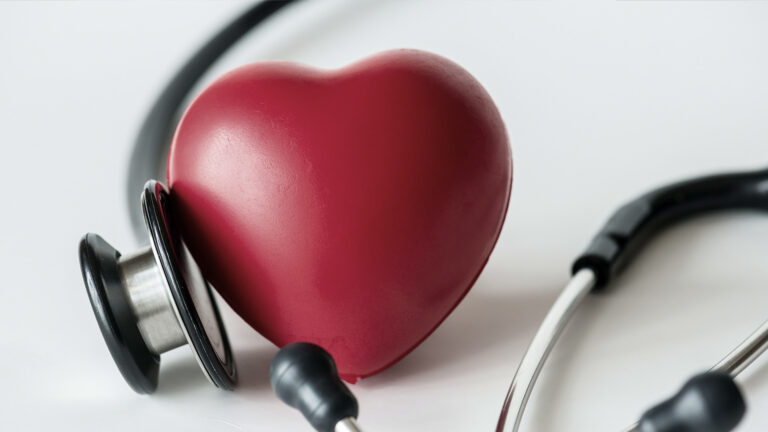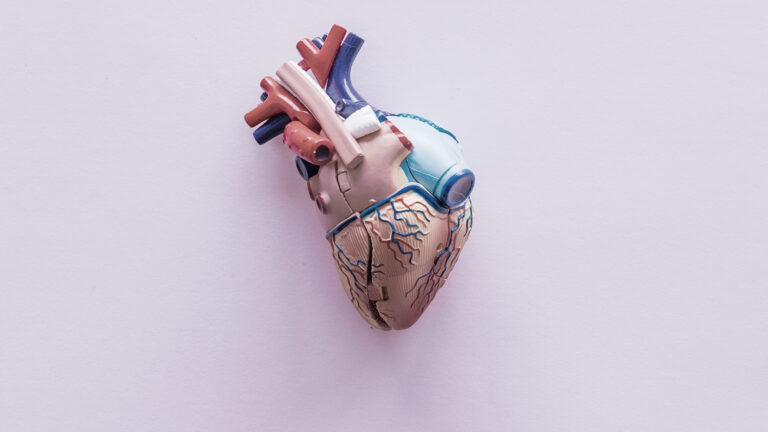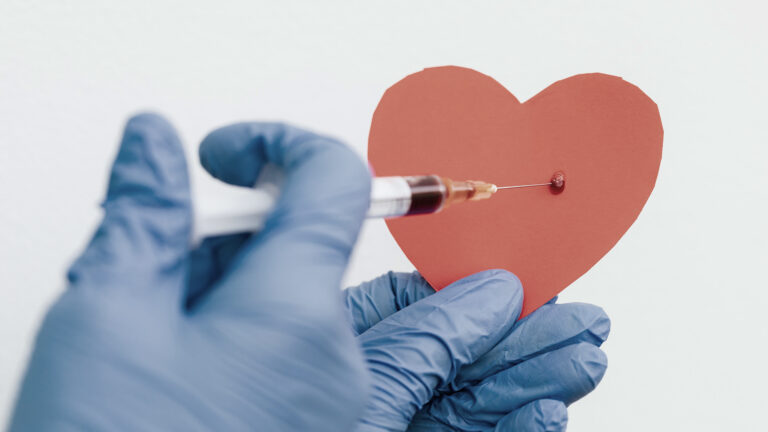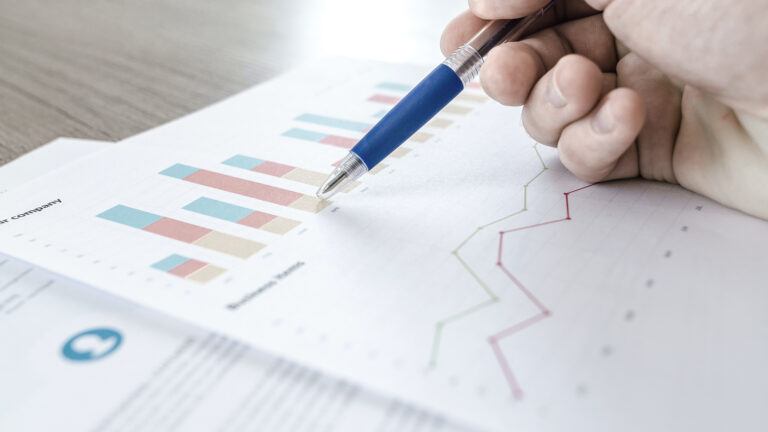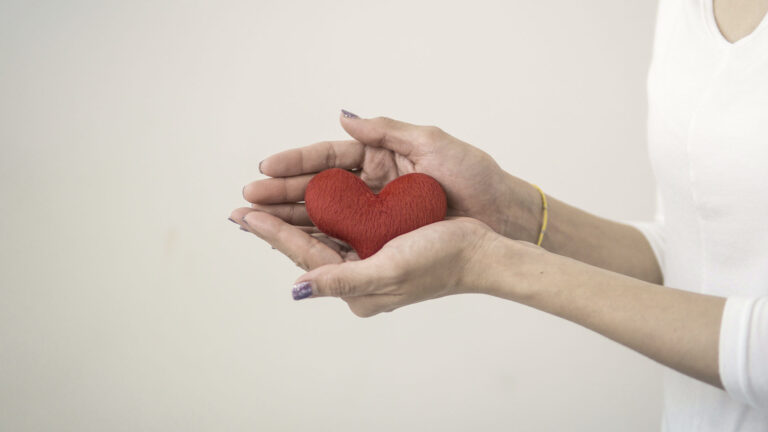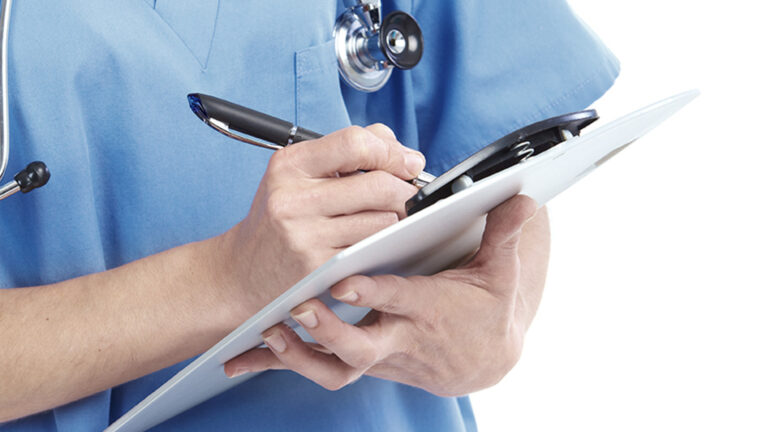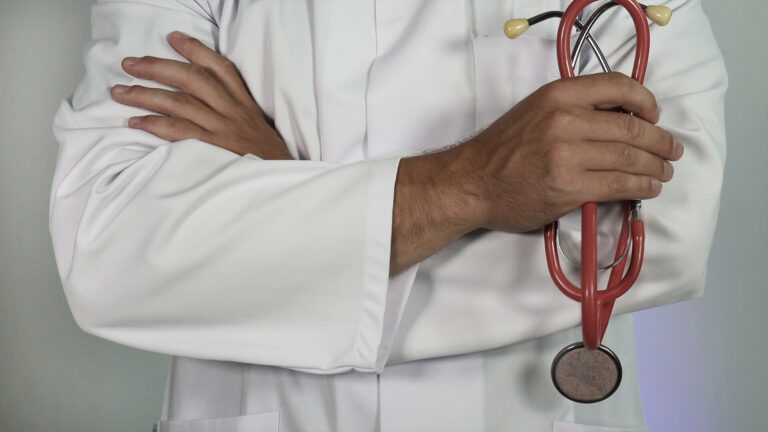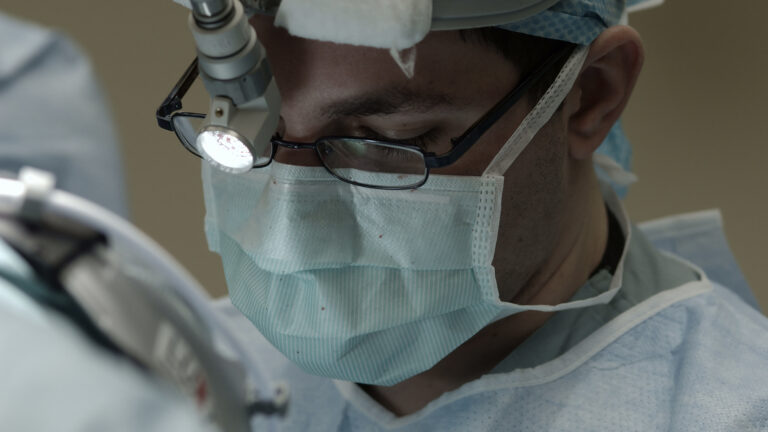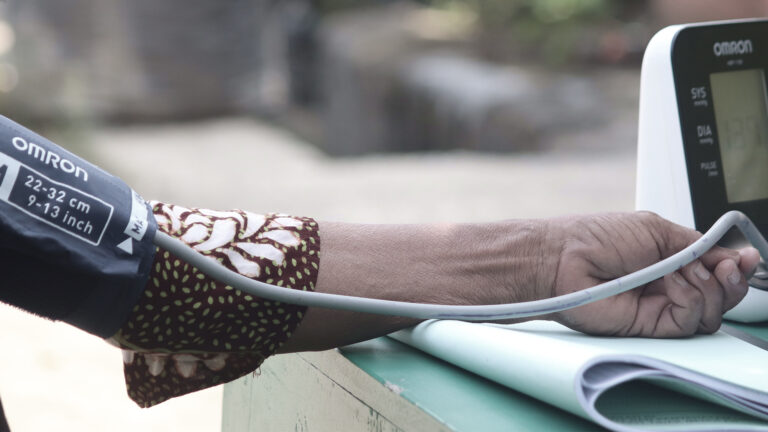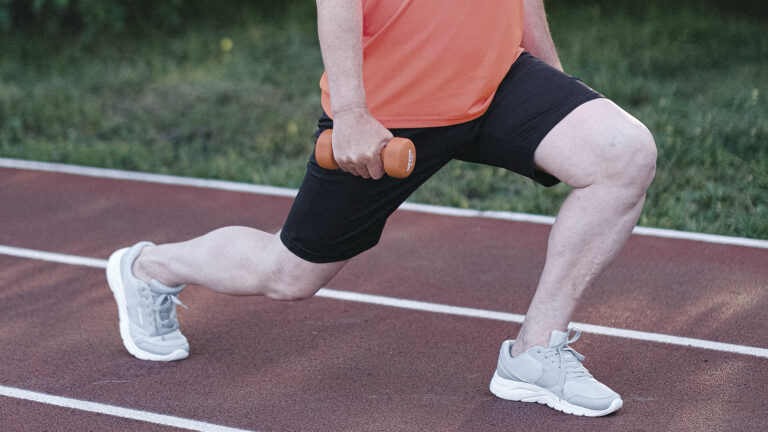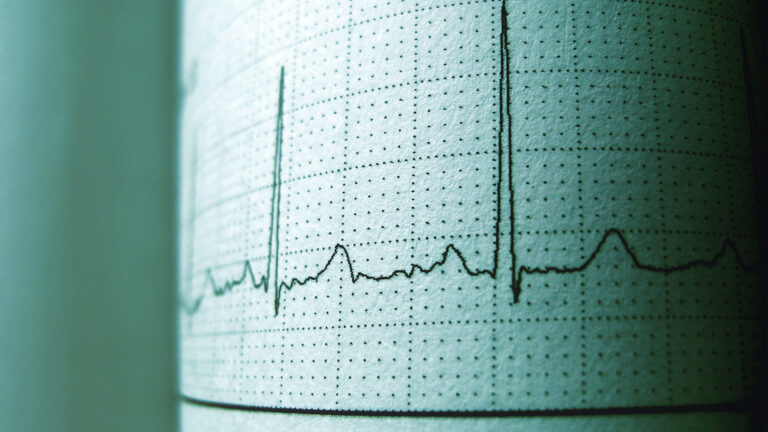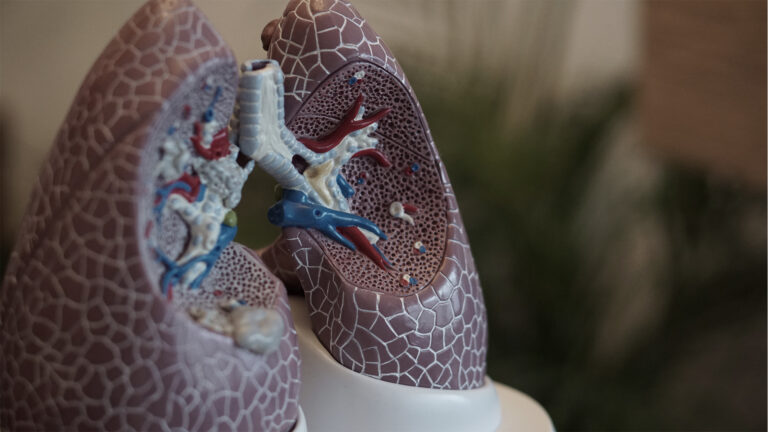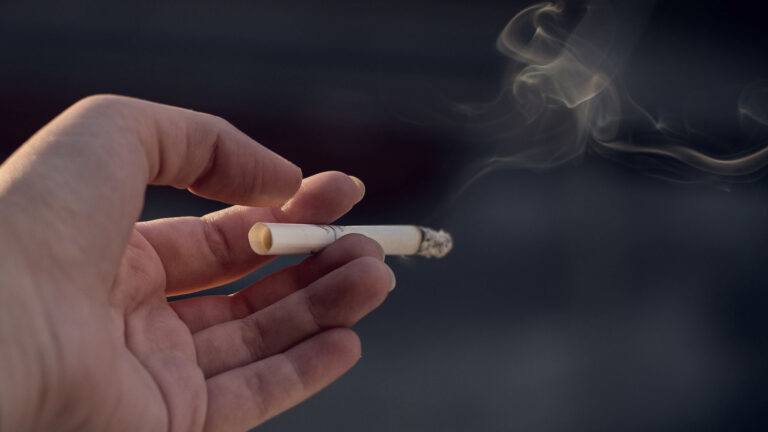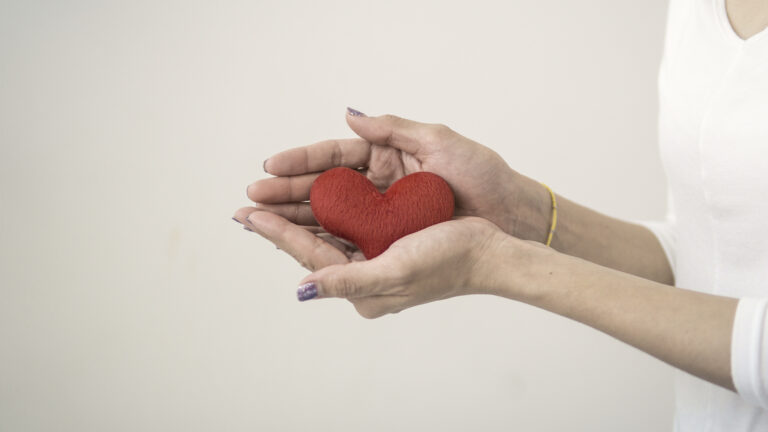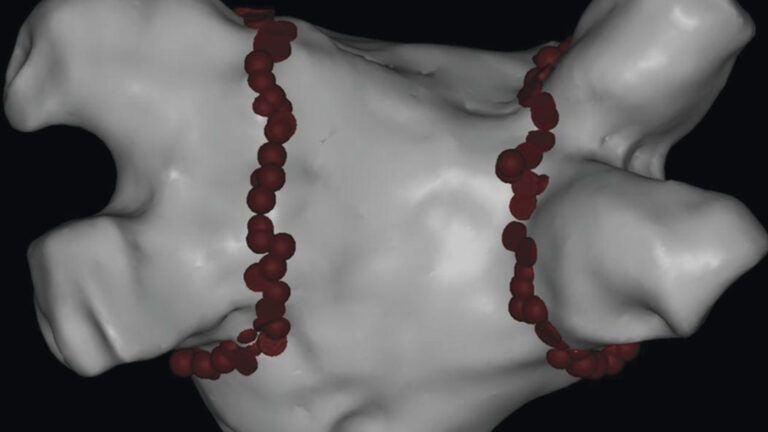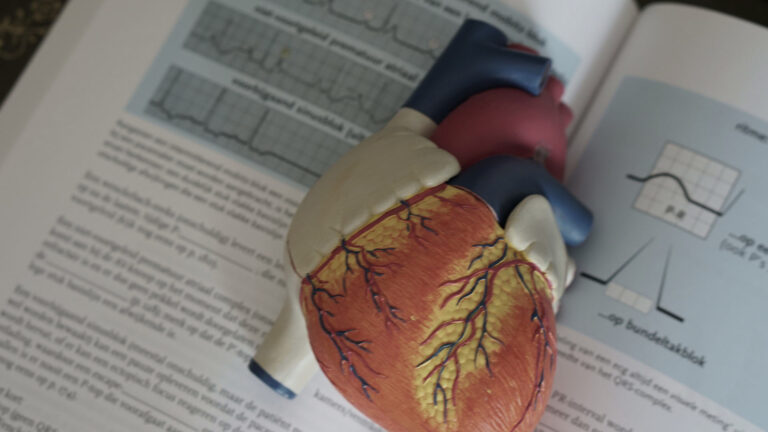All articles
When to consider ablation treatment for atrial fibrillation?
When assessing whether or not to do Ablation treatment for atrial fibrillation Your cardiologist will take a number of factors into account
Read moreWhat makes your heart pump? – The Electrical Impulses
The sinus node is occasionally called the "natural pacemaker" of your heart. It sends out electrical impulses, called the sinus rhythm.
Read moreWhat Is WPW Syndrome?
Patients with WPW have an extra lead path between the atria and heart chambers, often between the left atrium and the left ventricle.
Read moreWhat is Ventricular tachycardia?
Ventricular tachycardia is a disruption of the heart rhythm disorder that occurs in the heart chambers (ventricles).
Read moreWhat is the Sinus rhythm
The normal heart rhythm. The sinus node regularly sends out signals into the atria - calmly when we are at rest and faster when we are active
Read moreWhat Is Focal Atrial Tachycardia?
Focal atrial tachycardia (ectopic atrial tachycardia) is a form of rapid heart rhythm disorder that comes from a specific place in the atria.
Read moreWhat Is Atrioventricular Nodal Reentry Tachycardia (AVNRT)?
AVNRT: "AtrioVentricular Nodal Re-entry Tachycardia". As with most forms of arrhythmias the heart rhythm of AVNRT patients often moves out of control in a type of carousel movement.
Read moreWhat Is Atrial Fibrillation (AF)?
What is Atrial Fibrillation? is the most commonly diagnosed form of arrhythmia. One in four of us will be diagnosed with AF
Read moreWhat Is An ICD?
A cardiac arrest is a life-threatening arrhythmia in which the heart's pumping function stops - and thus no blood comes out to the body's organs
Read moreWhat is an electrocardiogram (ECG or EKG)
An electrocardiogram ECG is used to find out what kind of heart rhythm disorder you have. The ECG shows the electrical activity of your heart
Read moreWhat Is An Atrial Flutter?
An atrial flutter is a type of cardiac arrhythmia that often occurs in individuals who are also suffering from atrial fibrillation.
Read moreWhat is a Maze Procedure?
The Maze Procedure is a difficult operation, but is an effective treatment of atrial fibrillation with a modest risk for complications
Read moreWhat Is a His-Bundle Ablation?
A Bundle of His ablation does not remove or cure atrial fibrillation, but it removes the effect the chaotic signals from AF has on the puls
Read moreWhat do we know about the causes of atrial fibrillation?
Atrial fibrillation is - like many other diseases - what we call "multifactorial". There are many different causes of atrial fibrillation (afib)
Read moreWhat can I do if my atrial fibrillation re-occurs
Even if you are receiving treatment to avoid new episodes of atrial fibrillation it is possible for episodes of atrial fibrillation re-occurs
Read moreWhat Are The Symptoms Of A Blood Clot In The Brain
The symptoms of a blood clot in the brain can often come and go from one second to the next - this makes it important to react quickly!
Read moreWhat Are Anticoagulants?
The most serious complication of atrial fibrillation is a blood clot in the brain, and anticoagulants are one of the best ways to avoid this.
Read moreVentricular Extrasystoles
Ventricular extrasystoles is the medical term for extra beats in a patient’s heart chamber. These are common and are normally benign, but...
Read moreUnnoticed factors that can trigger atrial fibrillation
There are many factors that can trigger atrial fibrillation - understanding these can help you avoid developing or worsening your afib.
Read moreThe structure of the heart
The heart consists of four chambers – two antechambers and… Read more
Read moreThe Latest Research On Alcohol and Atrial Fibrillation
There has been agreement for many years that there is a link between alcohol and atrial fibrillation, as a risc factor and a trigger of afib.
Read moreThe Circulatory System
The heart is a muscle that pumps blood through your lungs, your brain and the rest of your body - this is called the circulatory system.
Read moreSymptoms of Atrial Fibrillation
symptoms of atrial fibrillation vary from patient to patient. Some are so mild that patients are unaware that they have atrial fibrillation.
Read moreStress and Atrial Fibrillation
This article will cover the relationship between stress and atrial fibrillation as a risk factor for development and as a trigger of afib.
Read moreRisk of Blood clots and severe bleeding
Atrial fibrillation increases the risk of blood clots, as during an episode the atria is not able to properly drain and can cause blood clots
Read moreObjectives of Atrial Fibrillation Treatment
The primary purpose of treatment of atrial fibrillation is to protect you against blood clots or the development of heart failure.
Read moreMedical treatment of atrial fibrillation
In this article i will present different methods of medical treatment of atrial fibrillation, their effectiveness and their potential side effects.
Read moreIncreased metabolism (hyperthyreoidism)
Increased metabolism, too much metabolic hormone is produced in the "thyroid gland". An increased metabolism can cause atrial fibrillation.
Read moreHow To Live Better With Atrial Fibrillation
This article will cover the primary known factors statistically proven to increase the risk of causing episodes of atrial fibrillation.
Read moreHow To Check Your Pulse – it Could Save Your Life
Suspicion of atrial fibrillation can often be obtained simply by measuring the heart rate. Therefore, you should know how to check your pulse
Read moreHow Pacemakers Treat Heart Failure
When a heart’s ability to pump is impaired, it can be necessary to implant a special type of pacemaker that can stimulate both the right and left ventricles simultaneously.
Read moreHow Effective Is Ablation Treatment for Atrial Fibrillation?
An ablation treatment is performed with a small instrument called an ablation catheter, which is inserted into the left atrium of the heart
Read moreHow Does Your Weight Affect Atrial Fibrillation?
New studies explain more about the connection between excess weight and atrial fibrillation, and the effect weight loss has on afib.
Read moreHow does closure of the left atrial auricle (LAAC) work?
One of the most serious complications of atrial fibrillation is a blood clot in the brain. These clots are caused by closure of the left atrial auricle (LAAC)
Read moreHow Does A Pacemaker Work?
A pacemaker is used if a patient's heart rate is too slow. There can be a number of different reasons for this...
Read moreHigh blood pressure (Hypertension)
High blood pressure can strain the heart and blood vessels which can lead to an increased risk of atrial fibrillation and heart failure.
Read moreHealthy lifestyle and Atrial Fibrillation
A Healthy lifestyle and Atrial Fibrillation means a moderate alcohol consumption, weight loss, physical activity, and a healthy diet.
Read moreExercise and atrial fibrillation
There are many studies that have shown a "U-shaped" connection between the level of sports activity and the risk of atrial fibrillation.
Read moreDo you need general anesthesia to undergo an ablation treatment?
I have been asked several times for my position for or against general anesthesia during ablation treatment, this article covers my opinion
Read moreDirect Current Cardioversion – An Electric Shock That Makes Your Heart Beat Regularly
DC Conversion (Direct Current Cardioversion) delivers a direct current shock to the chest in an attempt to alter the rhythm of the heart.
Read moreDifferent types of atrial fibrillation
There are three different types of atrial fibrillation: Seizure (paroxystic), Constant (persistent) and Chronic (permanent) atrial fibrillation
Read moreDiabetes and atrial fibrillation
People with both diabetes and atrial fibrillation are at greater risk for blood clot complications for their atrial fibrillation
Read moreDecreased pumping power in the heart, or Heart failure
Can atrial fibrillation cause heart failure? Atrial fibrillation can cause heart failure and conversely, heart failure can also lead to afib.
Read moreChronic obstructive pulmonary disease – “COPD”
The most common chronic lung disease "COPD" often causes increased pressure in the pulmonary circulation. And can therefore strain the heart.
Read moreCan smoking cause Atrial Fibrillation?
Smoking and atrial fibrillation. The increased risk of afib as an active smoker, corresponds to the difference in risk between 60 and 63-year olds.
Read moreAtrial Fibrillation And Sleep Apnea
Obstructive sleep apnea is common in people with atrial fibrillation. Up to half of all people with atrial fibrillation also have sleep apnea
Read moreAtrial fibrillation and quality of life
Many people live a good and rich life despite atrial fibrillation (atrial fibrillation), however there are many individuals whose quality of life is significantly reduced by the condition.
Read moreAtrial fibrillation and alcohol
It is important to understand the difference between alcohol as a risk factor for developing atrial fibrillation or as a risk factor for relapse
Read moreAtrial fibrillation and age
Atrial fibrillation becomes much more common the older we get. In particular, the risk increases when we reach the age of 65-70 and older.
Read moreAtrial fibrillation – From symptoms to treatment
Atrial fibrillation is by far the most common heart rhythm disorder. About one in four (25%) can expect to get atrial fibrillation
Read moreAtrial extrasystoles
If the heart beat starts in the heart chambers, we call it ventricular extrasystoles. If they start in the atria, they are called "atrial extrasystoles".
Read moreAblation treatment for atrial fibrillation
Ablation is very effective treatment for atrial fibrillation. This is especially true if the patient only has episodic atrial fibrillation.
Read moreA little about the heart
The heart consists of four chambers - two atria (one atrium) and two ventricles (one ventricle). The heart simultaneously pump “old” deoxygenated blood
Read moreA Brief History of Atrial Fibrillation
The earliest evidence of humanity’s understanding of heart disease is found in ancient Egypt, Greece, and Mesopotamia.
Read more